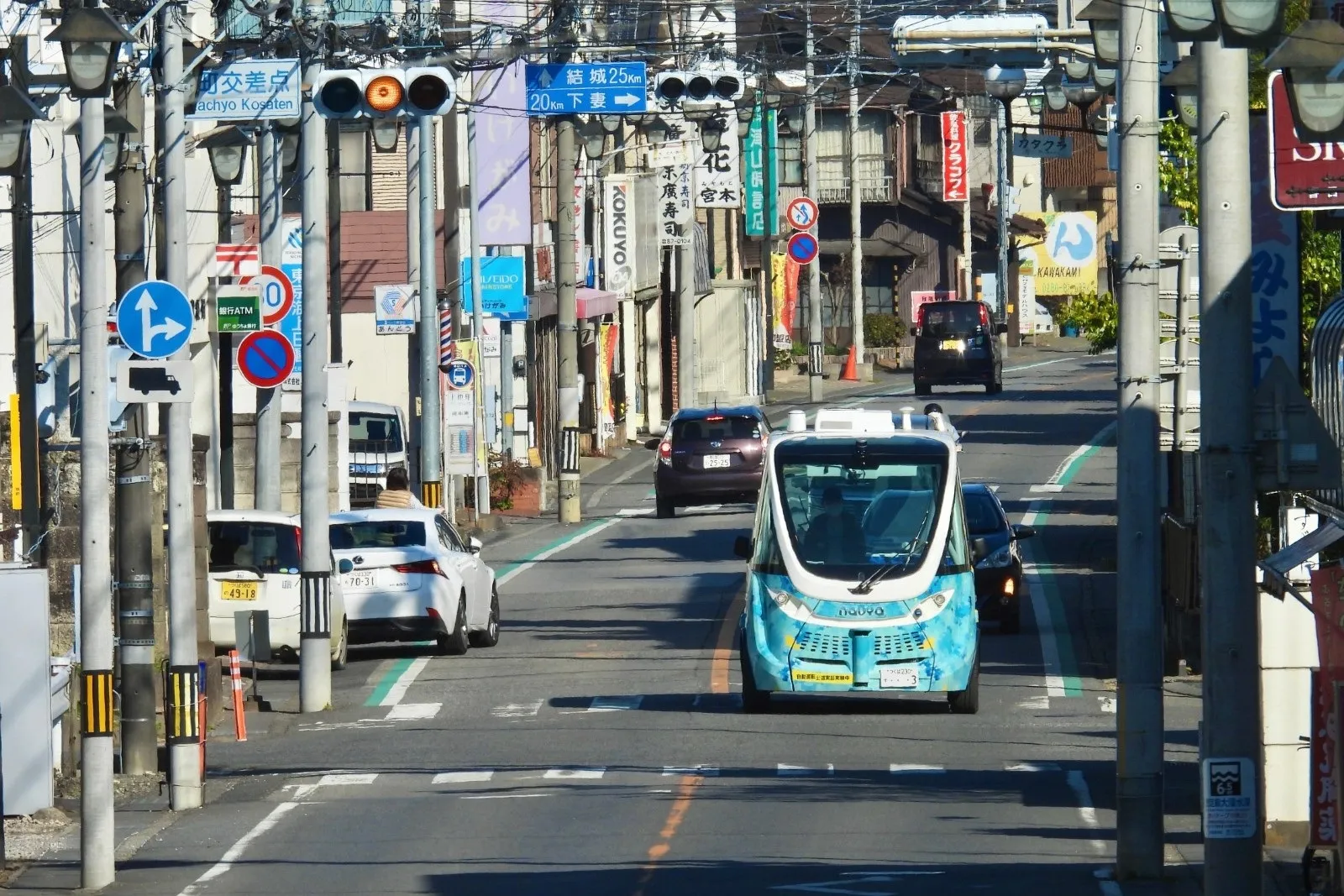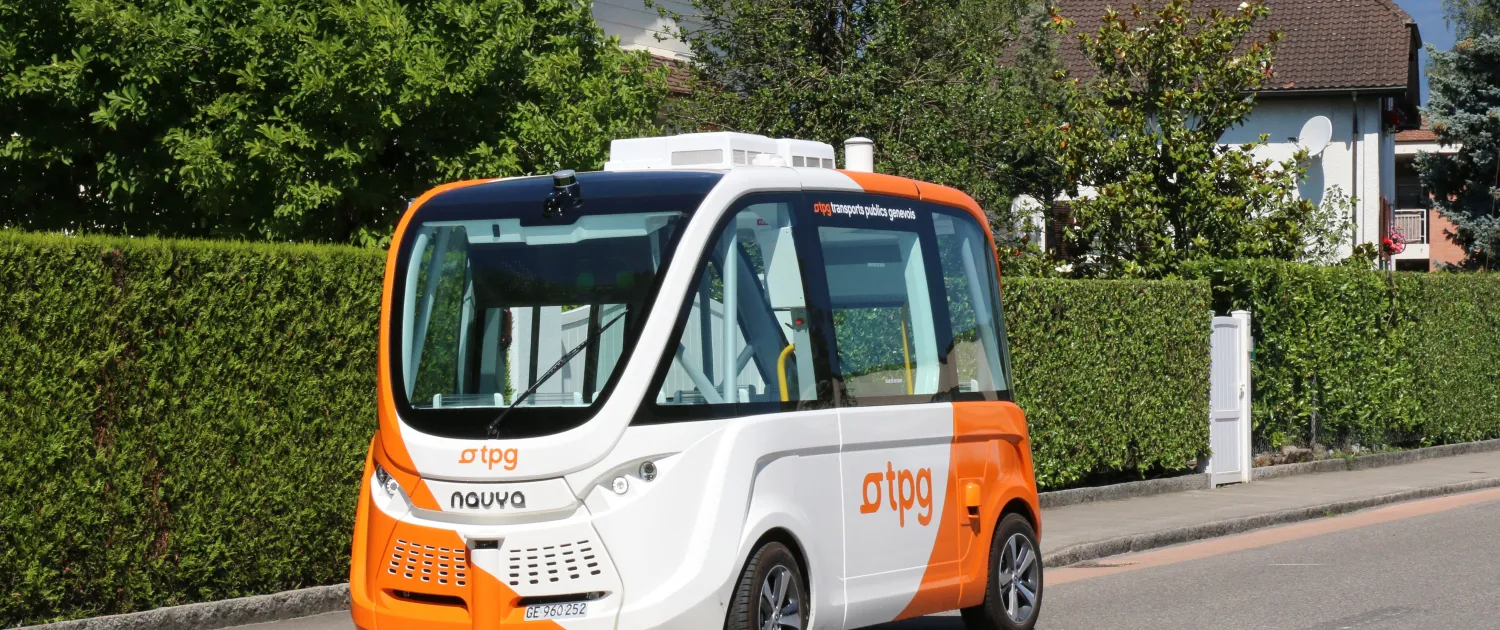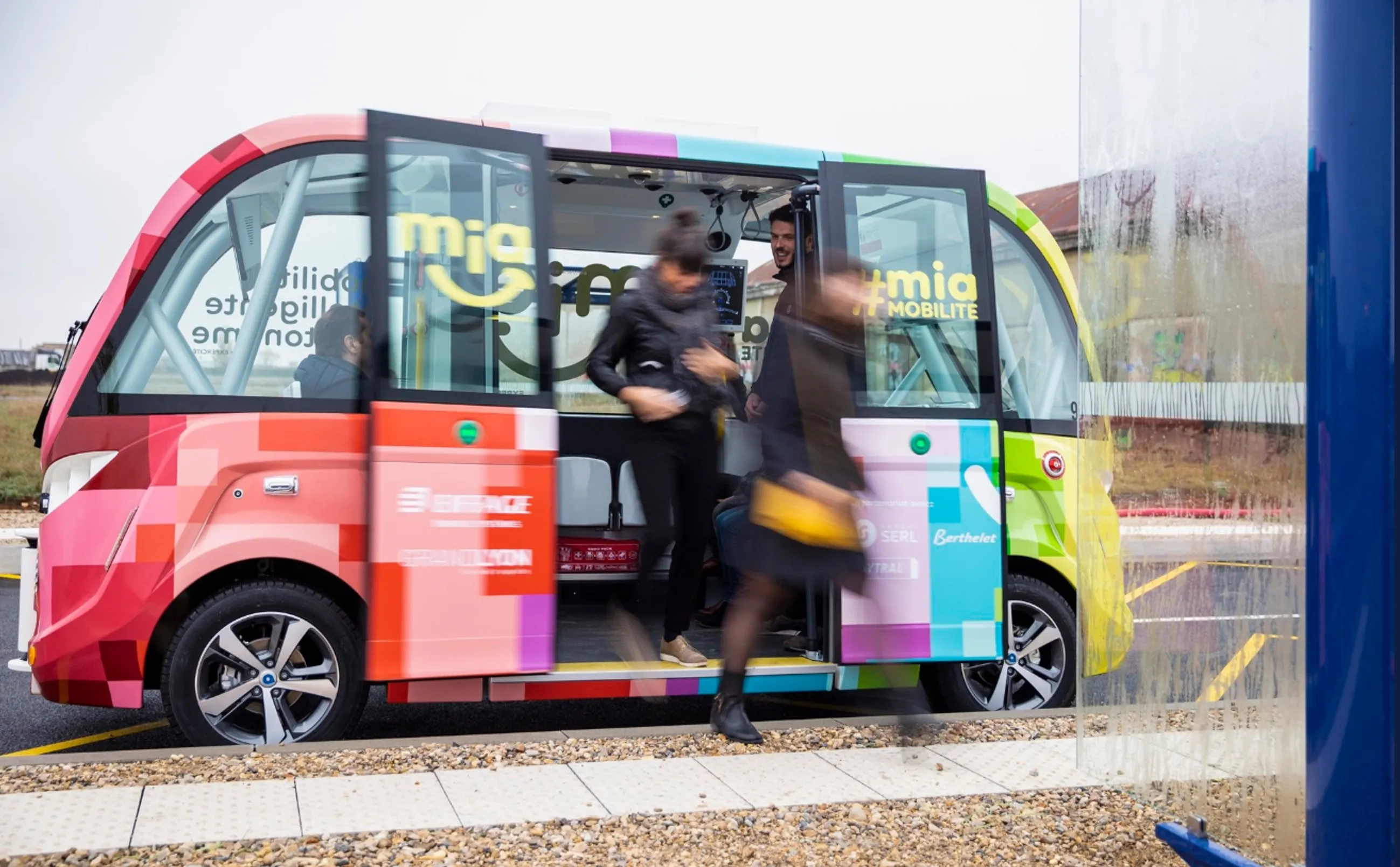
France-based autonomous vehicle specialist Navya has requested the opening of receivership proceedings.
In a statement, the company says it does not have sufficient available resources to meet its current liabilities.
Lyon Commercial Court is due to rule today (31 January) on the firm's request, after Navya filed a declaration of cessation of payments (déclaration de cessation des paiements) with the court.
"The purpose of these proceedings is to evaluate all solutions that could enable the company to continue its activity in a lasting way, maintain employment, and also to attract investors within the framework of a recovery plan by way of continuation or a sale plan," Navya explained in the statement.
It has already asked pan-European stock exchange Euronext to suspend the listing of its shares, adding: "Given the uncertainty regarding the outcome of the receivership proceedings and the steps taken by the company, the suspension of the listing of the shares is maintained until further notice and may possibly never resume."
If the Lyon court grants the company’s request, Navya will "continue its current activities during the observation period".
In the meantime, Navya has appointed Stéphanie Boileau-Canu as chief financial officer & EVP operations, replacing Pierre Guibert, who resigned.
The company says Boileau-Canu "will focus on initiating Navya’s transformation and supporting its receivership".
She reports directly to chairman Olivier Le Cornec.










